Understanding the Future of Motors and Controls in Sustainable Technology
The integration of motors and controls into the framework of sustainable technology is poised to redefine energy efficiency and operational effectiveness across various industries. According to a report by the International Energy Agency, electric motors account for approximately 45% of global electricity consumption in the industrial sector, emphasizing the critical role they play in energy usage. As industries pivot towards more sustainable practices, advancements in motor design and control systems are essential to reduce carbon footprints and enhance energy efficiency. The transition to smart controls and high-efficiency motor systems is not merely a trend but a necessity, with the market for motors and drives expected to exceed $200 billion by 2025, driven by this increasing demand for sustainable solutions. Understanding the future of motors and controls is vital for businesses aiming to leverage these technologies to not only comply with environmental regulations but also to optimize their operational performance and drive innovation in sustainable practices.
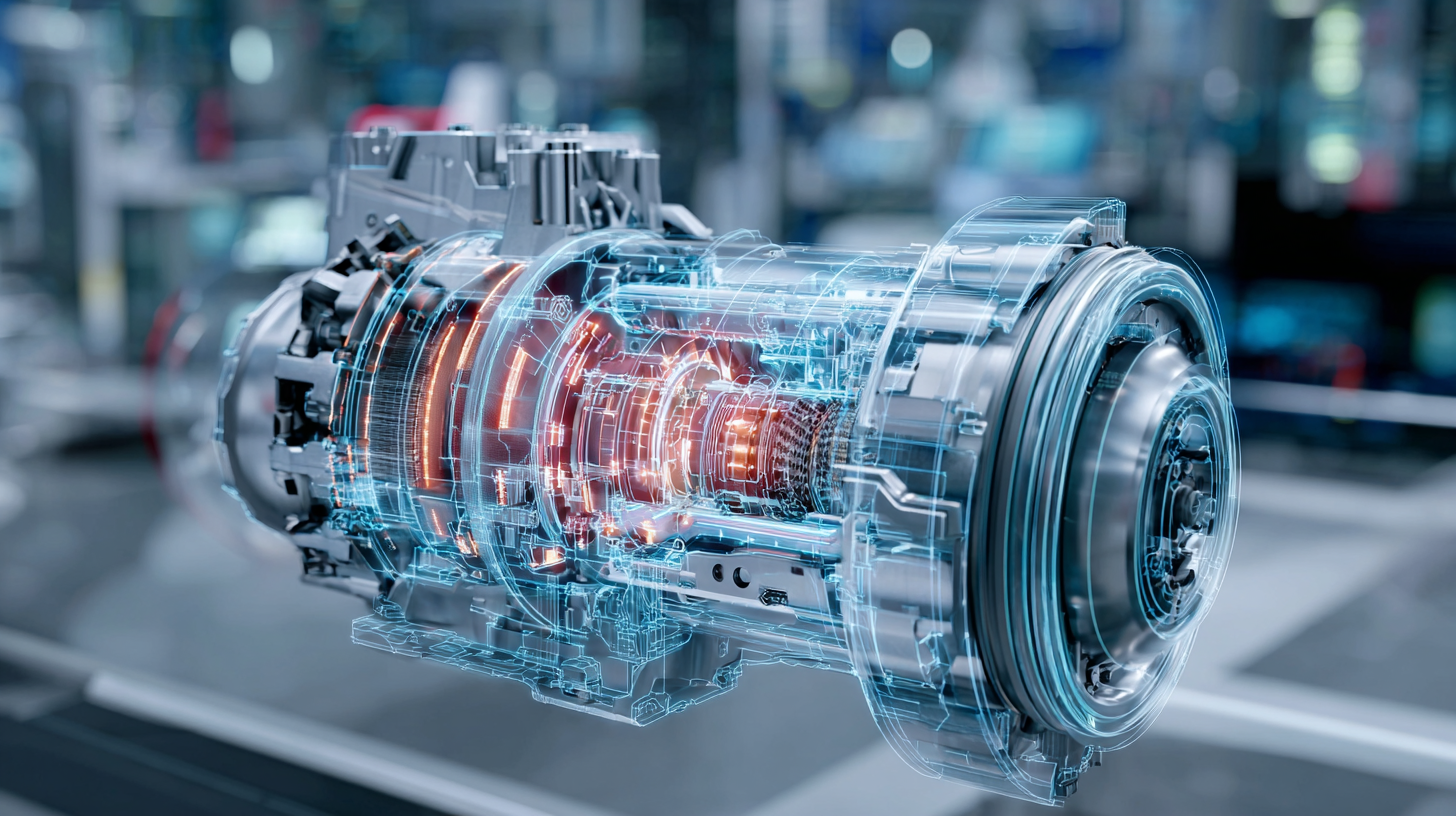
Future Trends in Electric Motors: Efficiency Gains and Sustainability Impact
The future of electric motors and controls is increasingly tied to the ongoing transition towards sustainable technology, with a sharp focus on efficiency gains. Recent studies indicate that energy efficiency has become the decisive factor in the selection of electric motors for many businesses, underscoring its crucial role in the sustainability agenda. Research commissioned by industry experts highlights that companies are now prioritizing energy-efficient solutions, significantly influencing market dynamics. As the electric vehicle (EV) powertrain market is forecasted to reach remarkable growth, valued at USD 21 billion, this trend further emphasizes the need for optimized electric motor technologies.
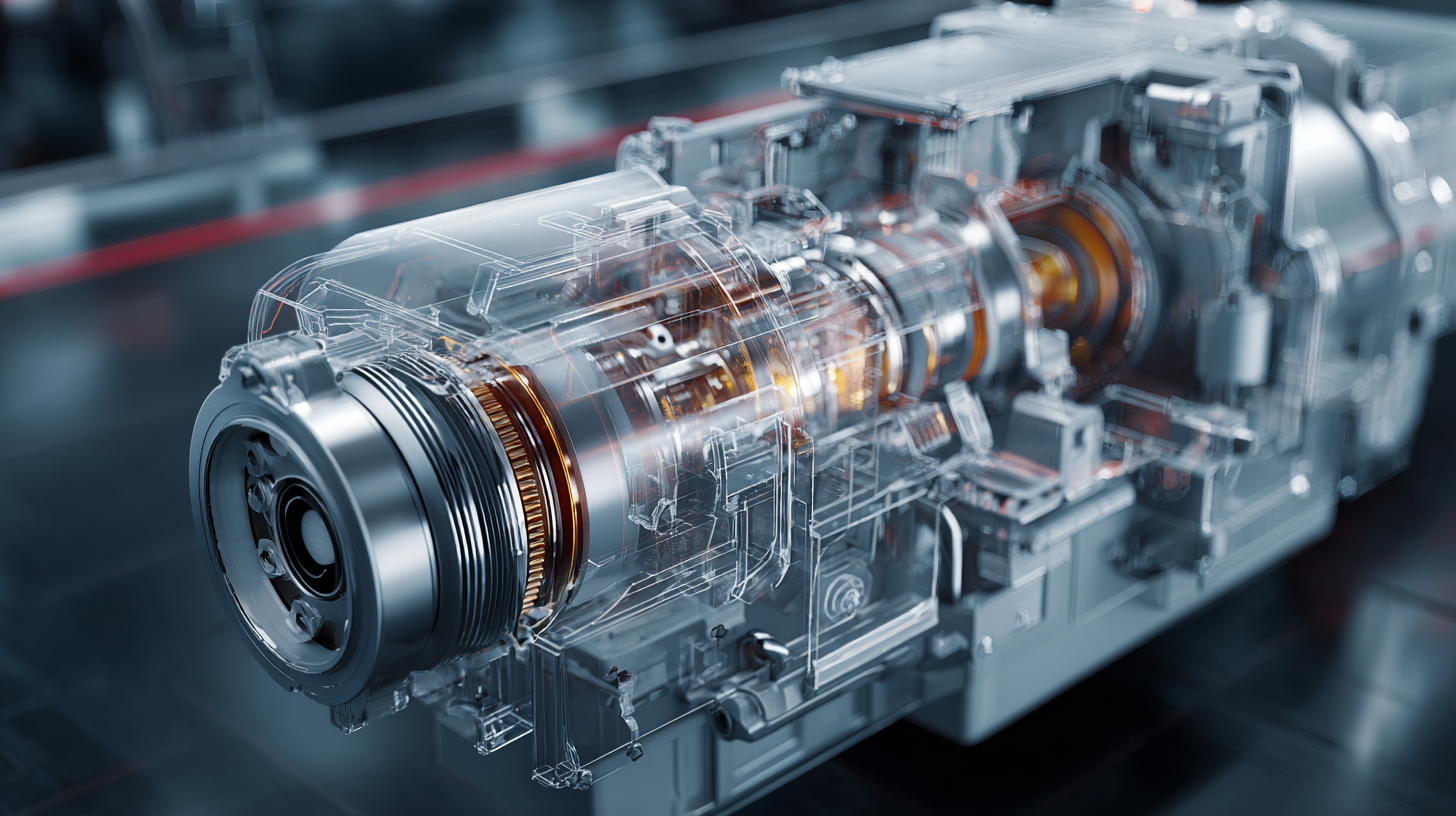
Advancements in Control Systems: Enhancing Motor Performance for Eco-Friendly Solutions
Advancements in control systems are pivotal for enhancing motor performance in the context of sustainable technology. As industries shift towards eco-friendly practices, the integration of sophisticated control mechanisms is facilitating more efficient operation of motors. By employing advanced algorithms and real-time data analytics, these systems optimize energy consumption and operational efficiency. This not only reduces the carbon footprint of industrial processes but also aligns with global initiatives aimed at sustainability.
Moreover, the development of smart control systems has led to improved responsiveness and adaptability of motors in various applications. Innovations such as predictive maintenance and adaptive learning allow motors to adjust their performance dynamically based on current operational demands. This ensures that energy is used only when necessary, further contributing to waste reduction. The continual evolution of these technologies signifies a promising future where motor systems play a crucial role in driving the green revolution across multiple sectors, including transportation, manufacturing, and renewable energy.
Market Growth Projections: The Role of Sustainable Technologies in Motor Innovation
The future of motors and controls is being significantly shaped by the demand for sustainable technologies. With global trends leaning towards energy efficiency and environmental consciousness, the market for three-phase AC asynchronous motors is projected to expand from $17.3 billion in 2024 to $18.7 billion by 2033. This growth represents an increasing integration of sustainable practices into motor design, showcasing innovations that prioritize reduced energy consumption and lower emissions.
As electric vehicles and renewable energy sources gain traction, sectors such as battery component manufacturing are also witnessing substantial growth. The battery structure parts market is anticipated to rise from $1.05 billion in 2022 to $1.89 billion by 2030, reflecting a compound annual growth rate (CAGR) of 8.1%. This surge indicates a robust demand for technologies that support greener electric drives, reinforcing the industry's focus on developing advanced motors capable of accommodating these developments. The continuous evolution of these technologies will play a crucial role in meeting future energy requirements while minimizing environmental impacts.
Understanding the Future of Motors and Controls in Sustainable Technology
This bar chart illustrates the projected growth of the market for motors and controls in sustainable technology from 2019 to 2025. The increasing trend highlights the significant investment and innovation in sustainable technologies for motor design and control systems.
Integration of Smart Technologies: IoT's Influence on Motor Control Systems
The integration of smart technologies, particularly the Internet of Things (IoT), is revolutionizing motor control systems in sustainable technology. According to a recent report by Markets and Markets, the global IoT in the motor control market is projected to grow from $12.5 billion in 2023 to $32.4 billion by 2028, reflecting a compound annual growth rate (CAGR) of 20.6%. This rapid growth is primarily driven by the efficiency gains and predictive maintenance capabilities that IoT offers. Smart motors equipped with sensors can communicate with cloud-based analytics platforms, allowing for real-time monitoring and optimization of performance, reducing energy consumption and enhancing reliability.
Tips for leveraging IoT in motor control systems include starting with upgrading existing motor systems to include smart sensors. This increase in data granularity enables operators to make informed decisions, leading to enhanced operational efficiency. Additionally, consider investing in a robust data management platform to analyze and visualize motor performance metrics, which will facilitate timely interventions and extend equipment lifespan.
Embracing predictive analytics can also significantly improve the maintenance strategies for motor systems. By utilizing IoT data, companies can forecast potential failures before they occur, minimizing downtime and operational disturbances. Research by Gartner indicates that organizations implementing IoT solutions for predictive maintenance can reduce maintenance costs by up to 25%. This strategic approach not only aligns with sustainable practices but also promotes a more cost-effective operational framework in today's competitive market.
Regulatory Landscape: How Standards are Shaping Sustainable Motor Applications
The regulatory landscape surrounding motors and controls is increasingly pivotal in shaping sustainable technology applications. As industries strive for decarbonization and energy efficiency, standards set by organizations such as the International Electrotechnical Commission (IEC) and the Institute of Electrical and Electronics Engineers (IEEE) are becoming crucial. According to a report by Research and Markets, the global market for electric motors is expected to grow to $150 billion by 2025, driven in part by stringent regulations aimed at reducing carbon footprints. These standards not only govern energy efficiency but also guide manufacturers in the development of eco-friendly motor technologies, paving the way for advanced solutions.
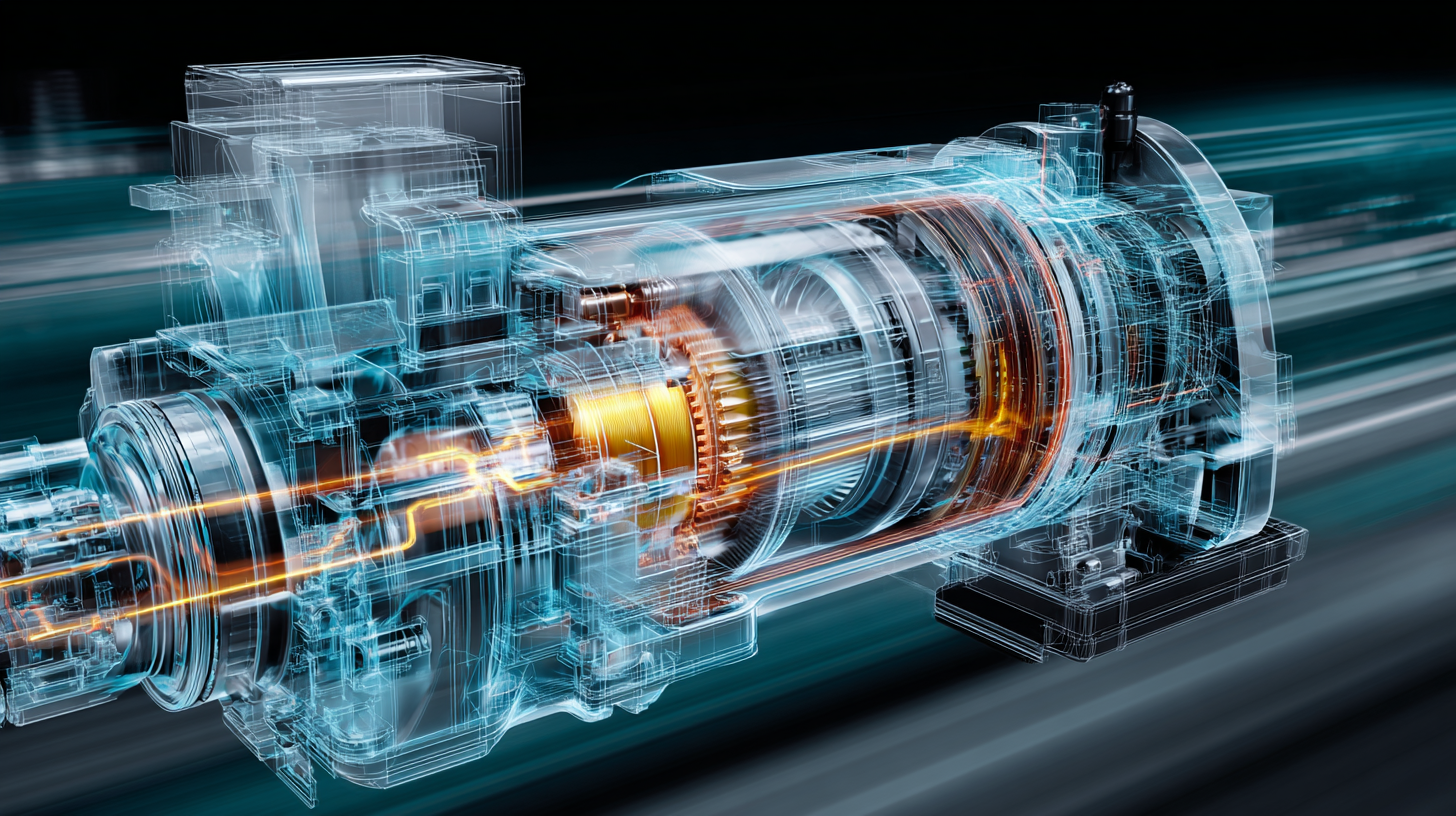
Furthermore, regulations like the Energy Independence and Security Act (EISA) in the U.S. and the European Union’s Ecodesign Directive are leveraging compliance not just for energy savings but for lifecycle management of motors. A study by the U.S. Department of Energy highlights that upgraded motor systems could provide energy efficiency improvements of up to 20%. This regulatory framework encourages innovations in design and materials, promoting the adoption of sustainable practices across industries. As more companies align with these standards, the integration of sustainable motors and controls will likely accelerate, fundamentally transforming the landscape of industrial operations for years to come.
Related Posts
-

Comprehensive Guide to Optimizing Your Motor and Control Solutions for Enhanced Efficiency
-

7 Tips to Optimize Your Motor Control Systems for Increased Efficiency
-
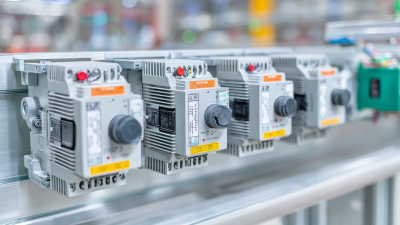
Unlocking Energy Efficiency: The Role of Variable Frequency Motor Controllers in Modern Industries
-
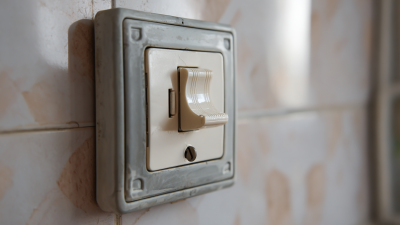
Understanding Electrical Switches: Choosing the Right Type for Your Home Needs
-

Essential Guide to Optimizing Industrial Motors with 3 Phase Soft Starters
-

Essential Checklist for Choosing the Right Motor Starters in Global Supply Chains
